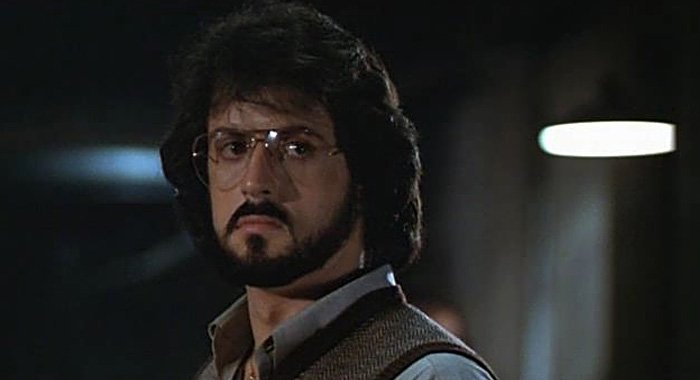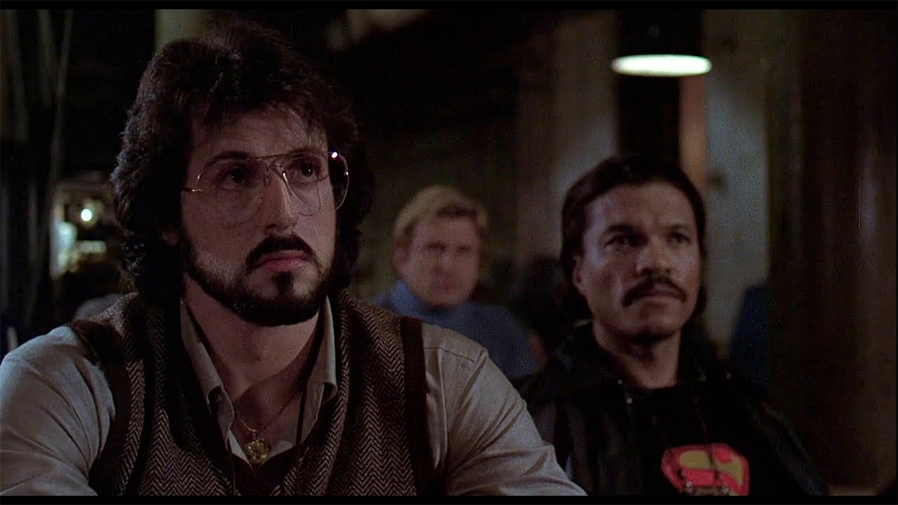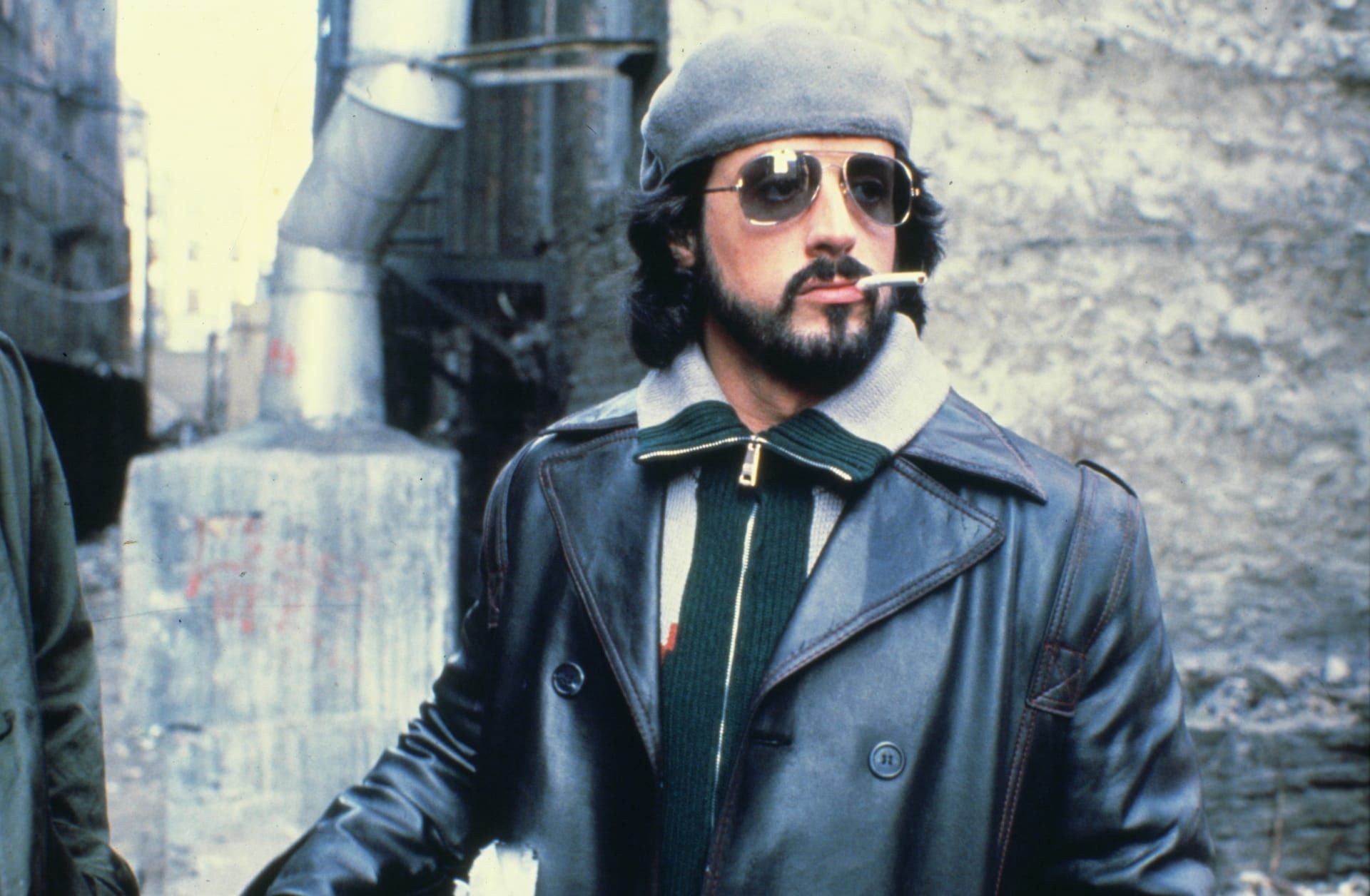Nighthawks (1981) is a gritty urban thriller directed by Bruce Malmuth, featuring Sylvester Stallone in one of his most grounded and realistic roles as New York City cop Detective Deke DaSilva. The film explores the psychological battle between a streetwise American cop and a cold-blooded international terrorist, set against the dark backdrop of early 1980s New York.

Detective DaSilva and his partner Matthew Fox (Billy Dee Williams) are members of a special undercover anti-crime unit. They are soon reassigned to a new task force designed to combat international terrorism after a ruthless European terrorist named Wulfgar Reinhardt (Rutger Hauer) enters the United States. Wulfgar, a former revolutionary, has turned into a merciless mercenary-for-hire, carrying out bombings and assassinations to promote chaos and fear.

After a botched bombing in London exposes his identity, Wulfgar flees to New York to continue his operations under a new alias. The British and American intelligence services warn the NYPD that Wulfgar is extremely dangerous and unpredictable. DaSilva and Fox are trained by an Interpol agent (Nigel Davenport) to recognize and capture Wulfgar. However, DaSilva, a man known for avoiding unnecessary killing, struggles with the moral implications of being asked to shoot to kill.

Wulfgar’s arrival in New York sparks a deadly cat-and-mouse chase. He attacks civilians and evades capture multiple times, proving to be as intelligent as he is brutal. DaSilva becomes obsessed with tracking him down, especially after Wulfgar targets his ex-wife, Irene (Lindsay Wagner), to get revenge on the detective who’s been pursuing him.

The tension builds to a thrilling climax when Wulfgar hijacks a cable car full of hostages. DaSilva and Fox lead a daring rescue mission, which culminates in an intense showdown. The final confrontation takes place in Irene’s apartment, where DaSilva uses his cunning and street smarts to finally outwit and kill Wulfgar.

Nighthawks stands out for its dark realism and psychological depth, contrasting Stallone’s later, more heroic roles. It portrays the early 1980s fear of terrorism and urban decay while highlighting DaSilva’s moral dilemma — balancing justice, violence, and humanity.
The film was praised for Stallone’s restrained performance and Rutger Hauer’s chilling debut in an American film, setting the tone for many action-thrillers that followed.



